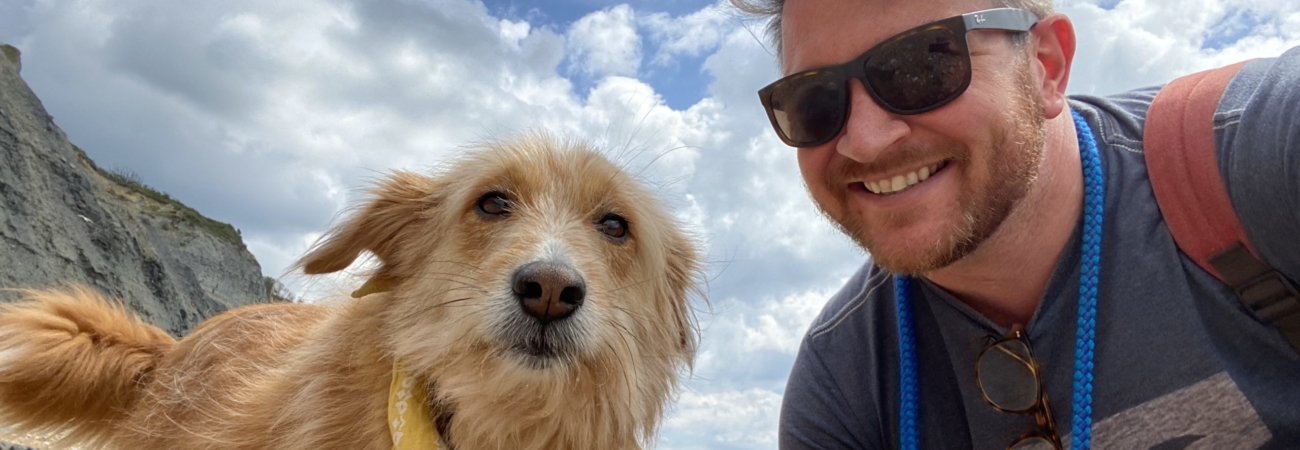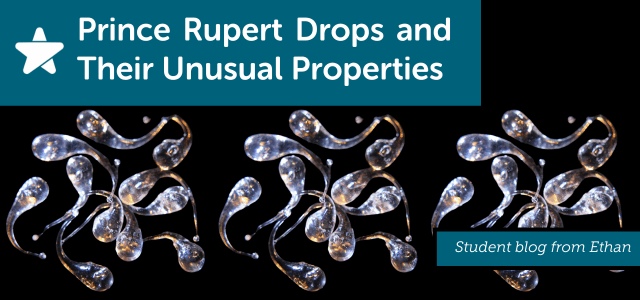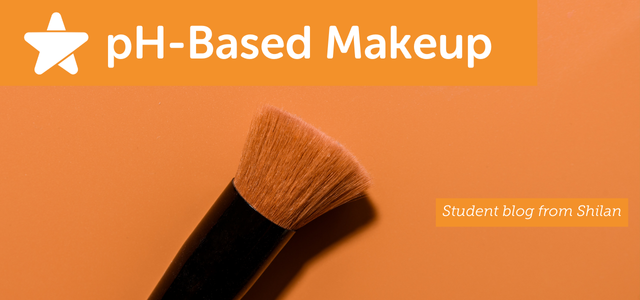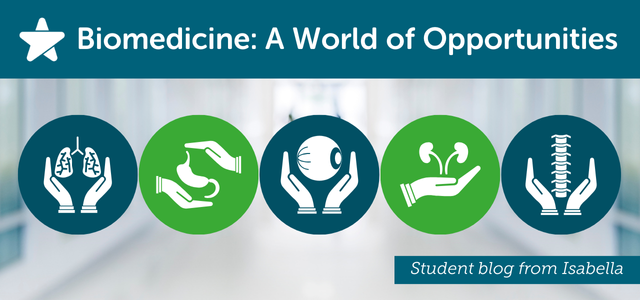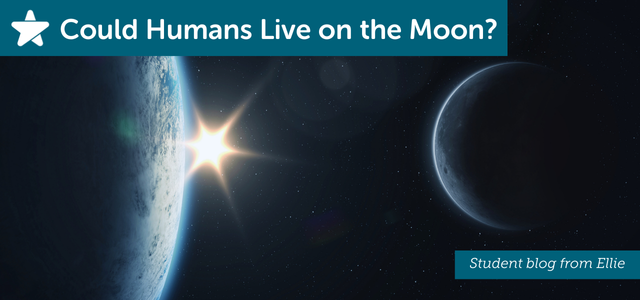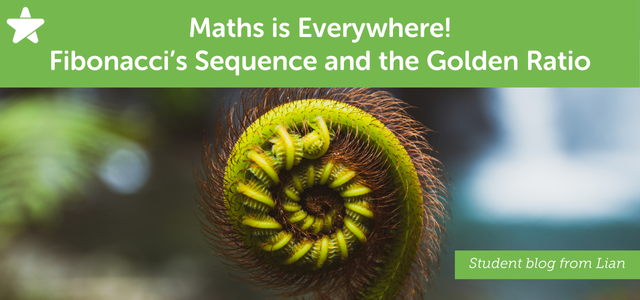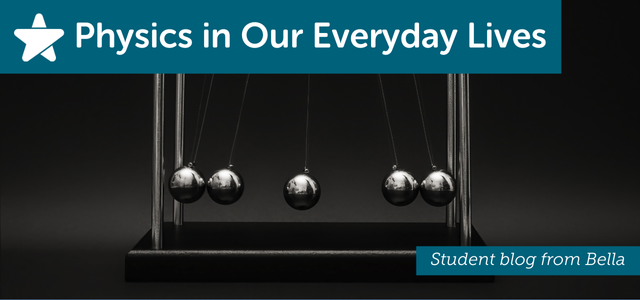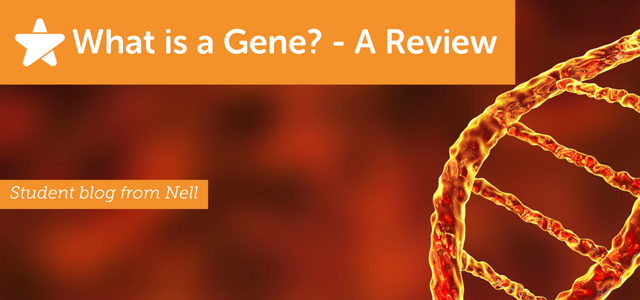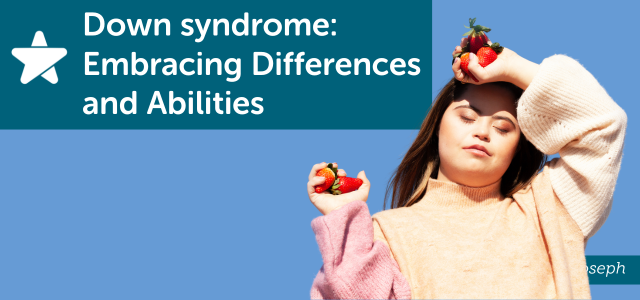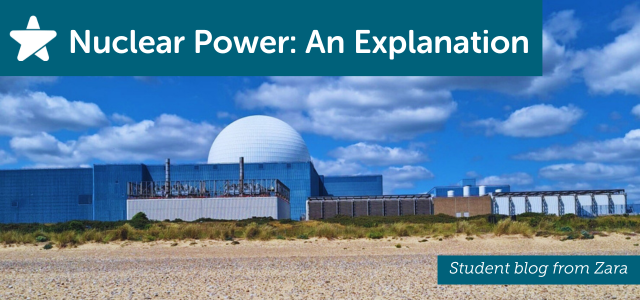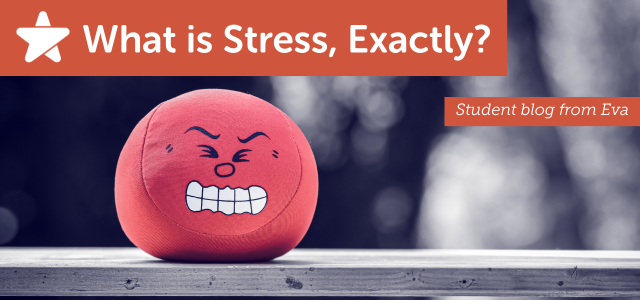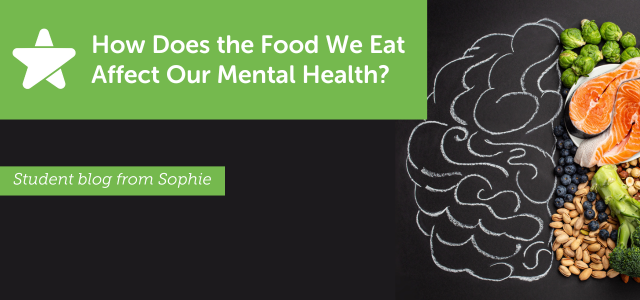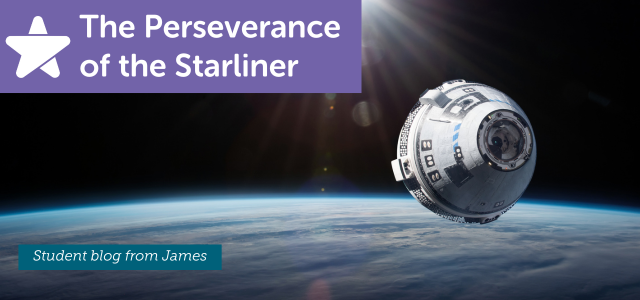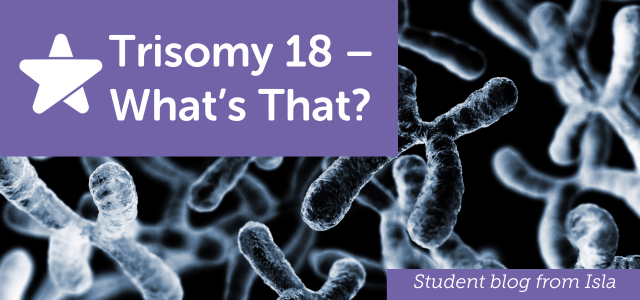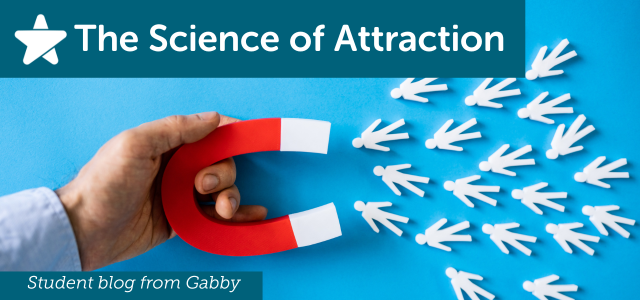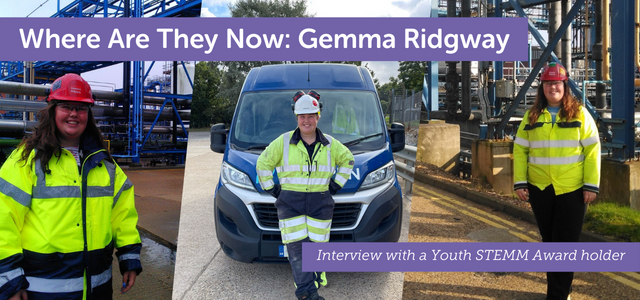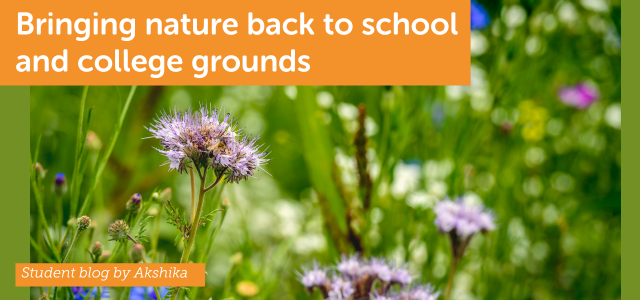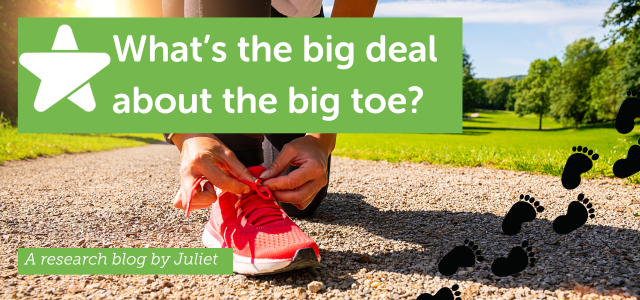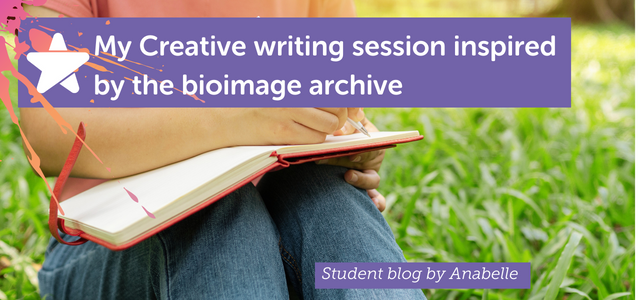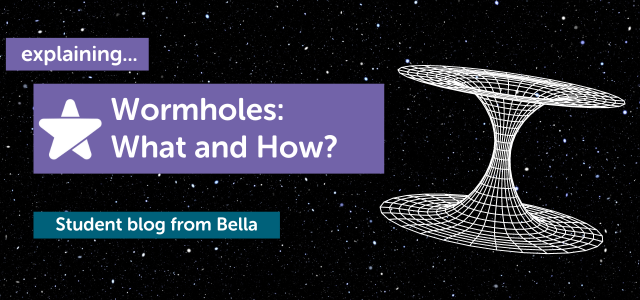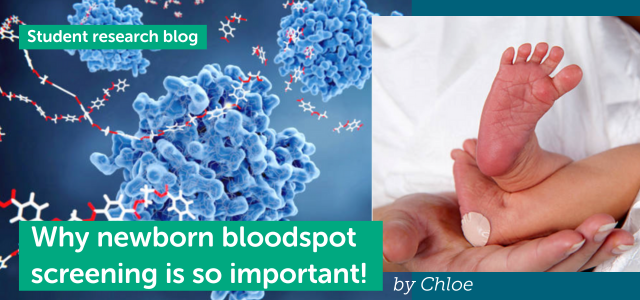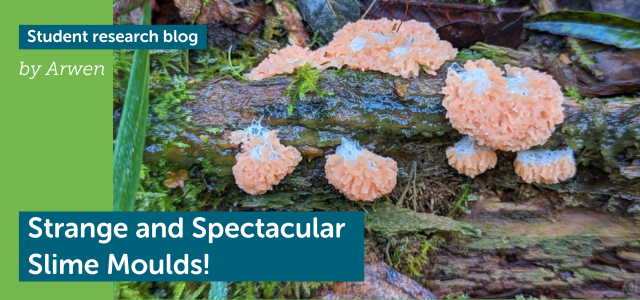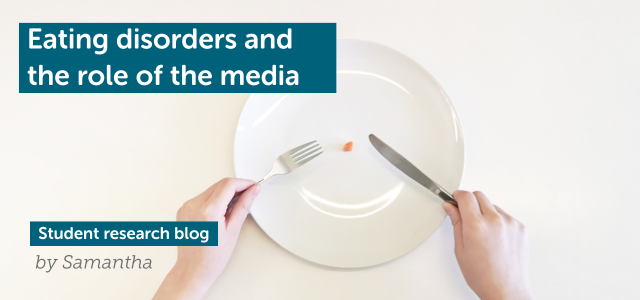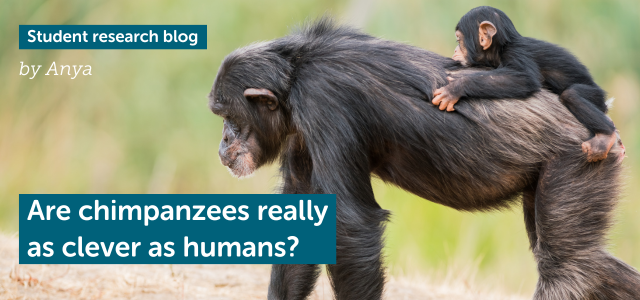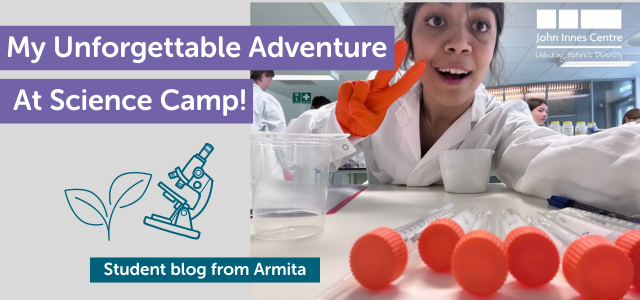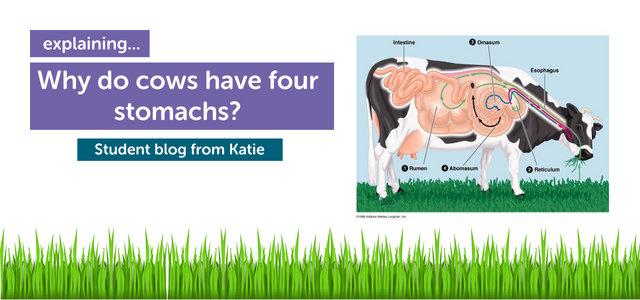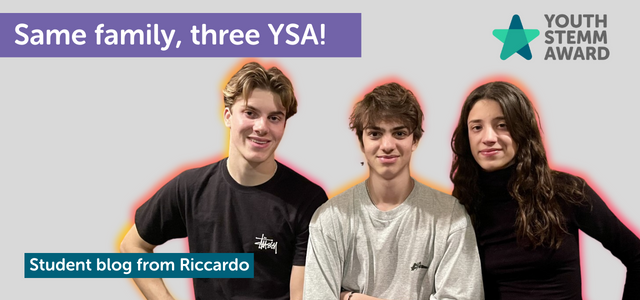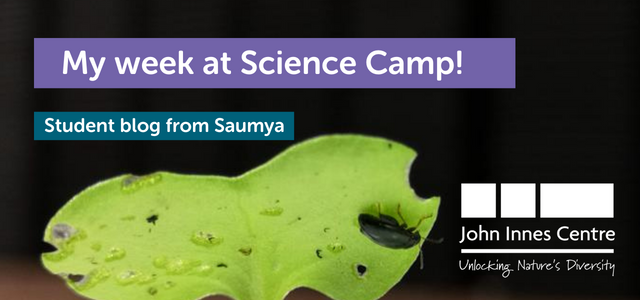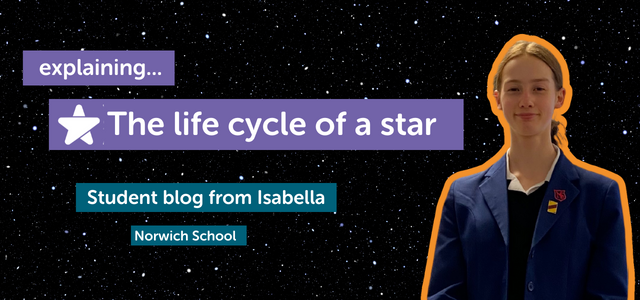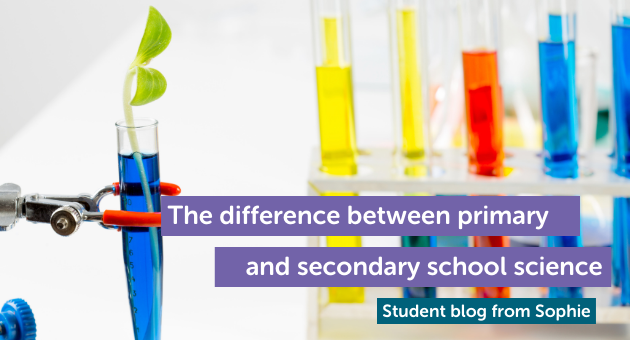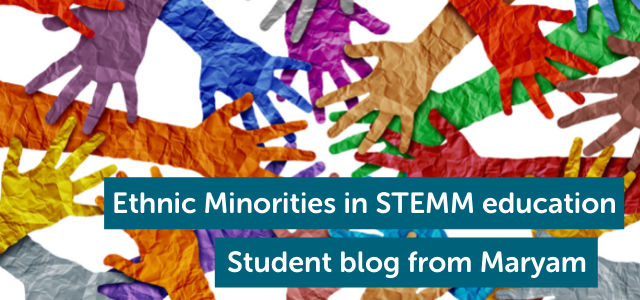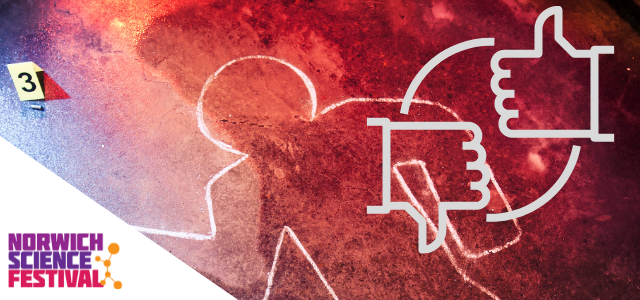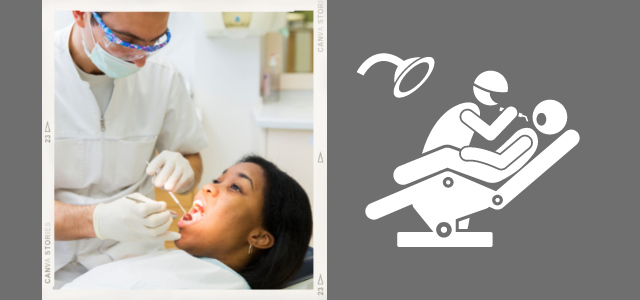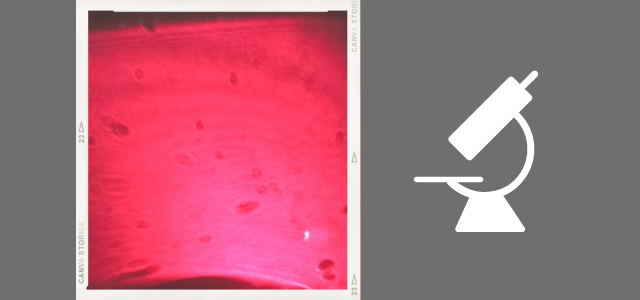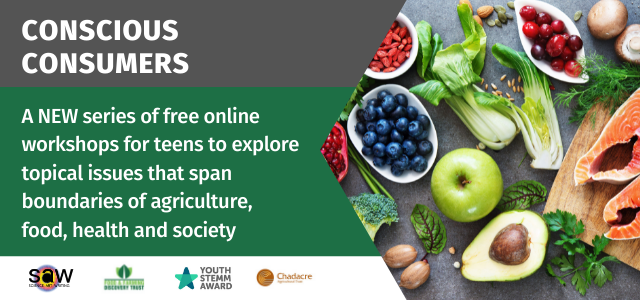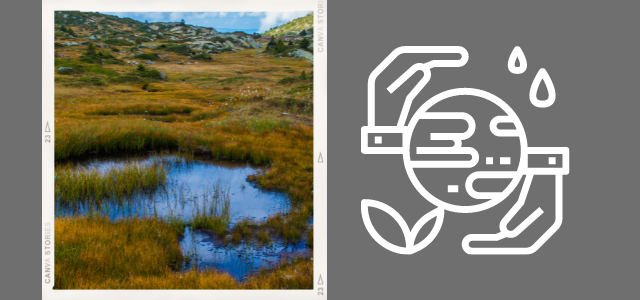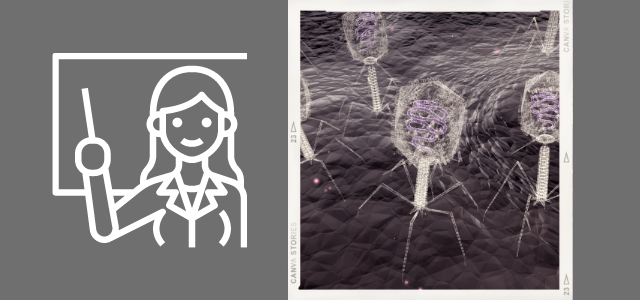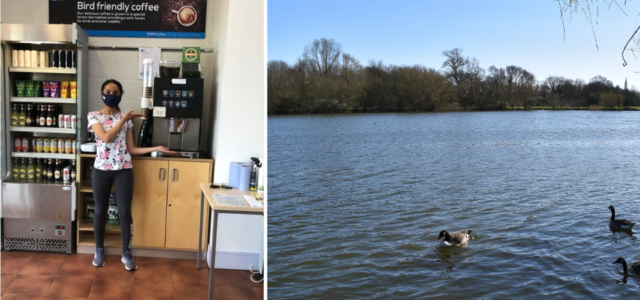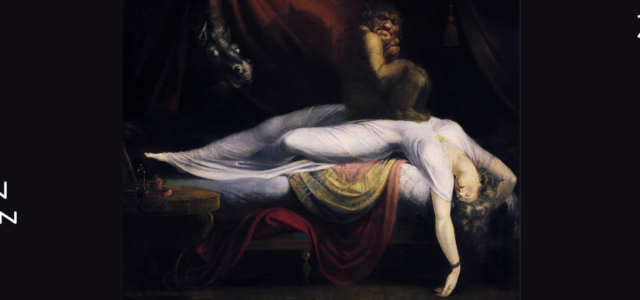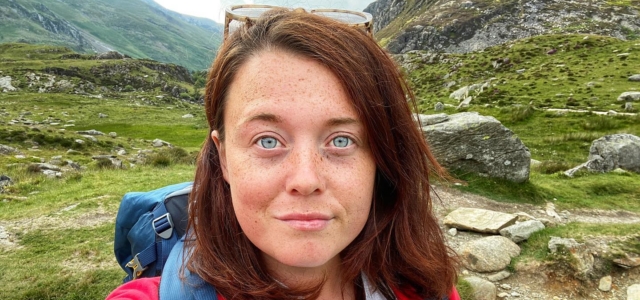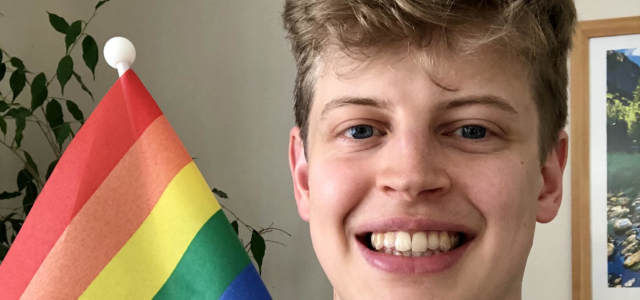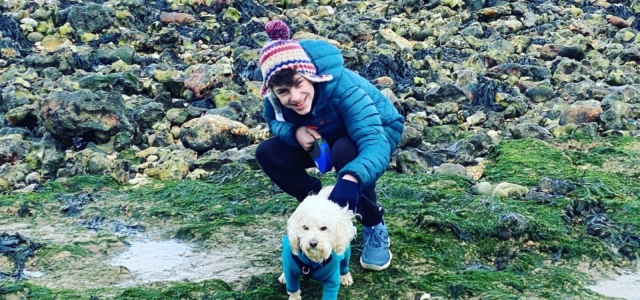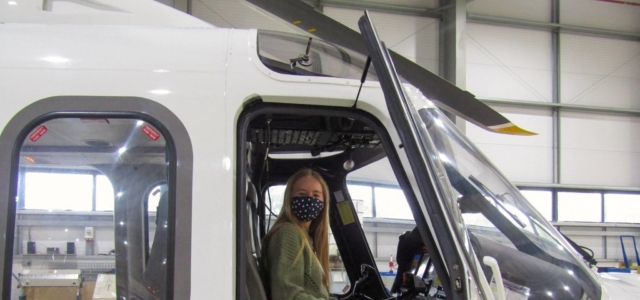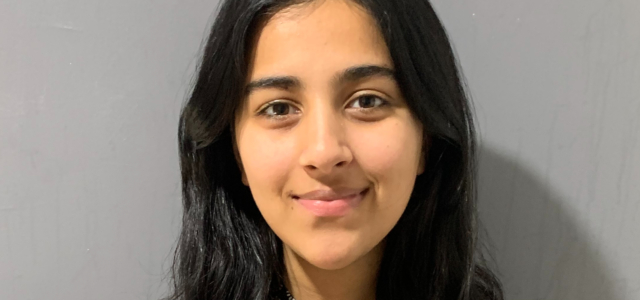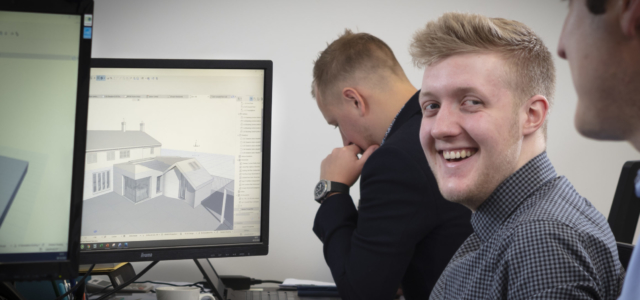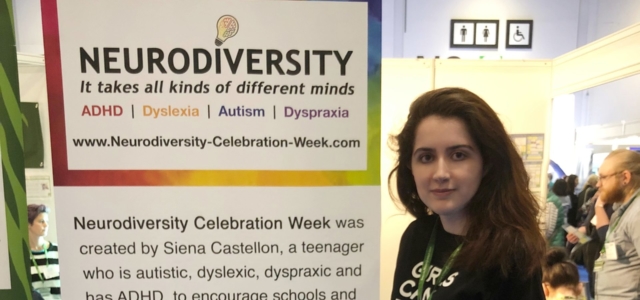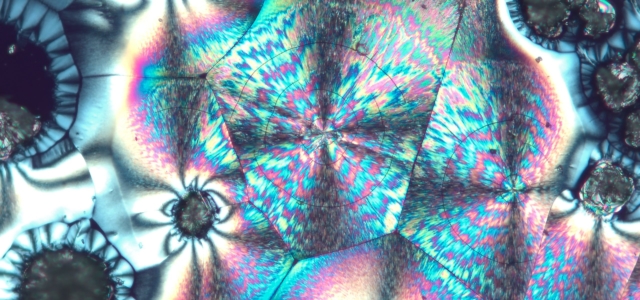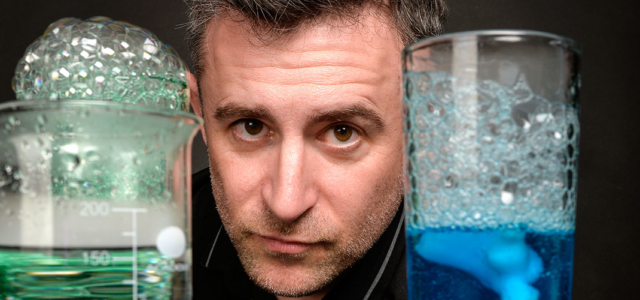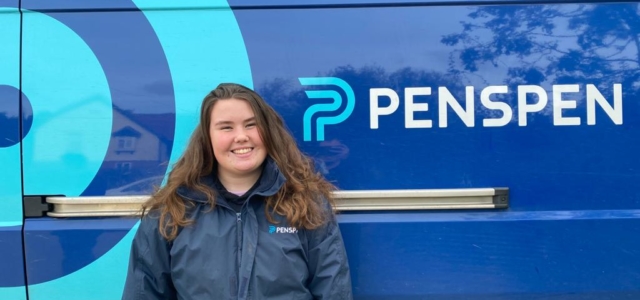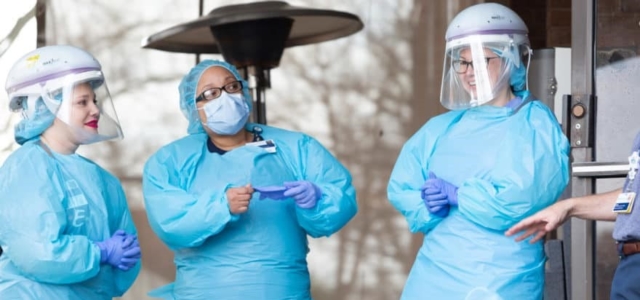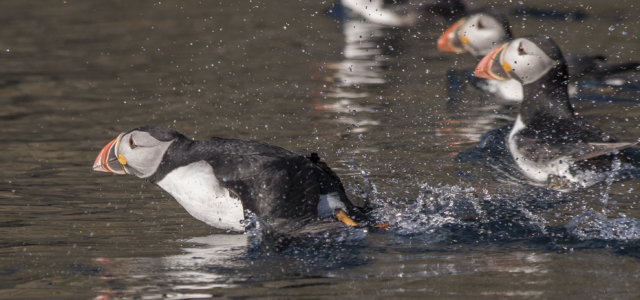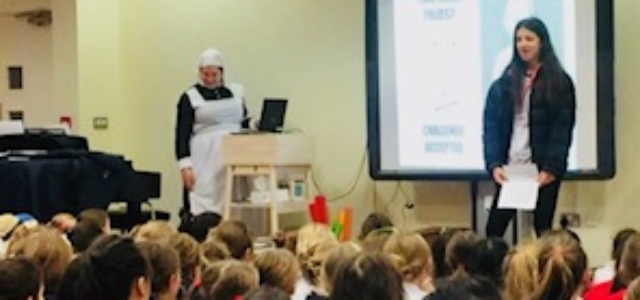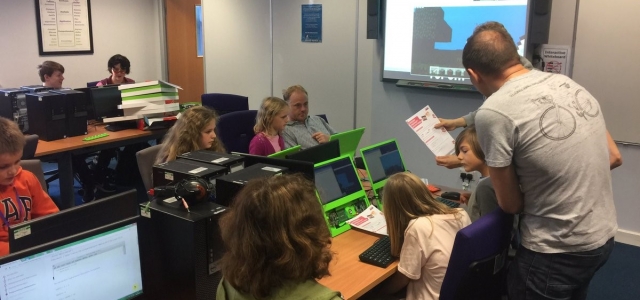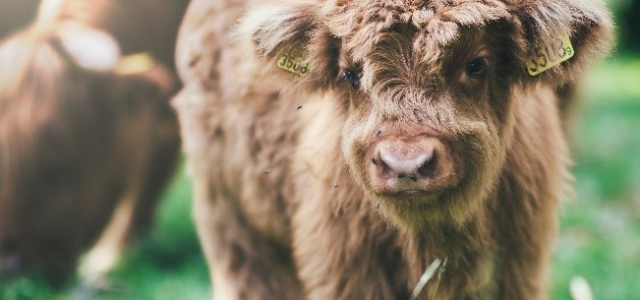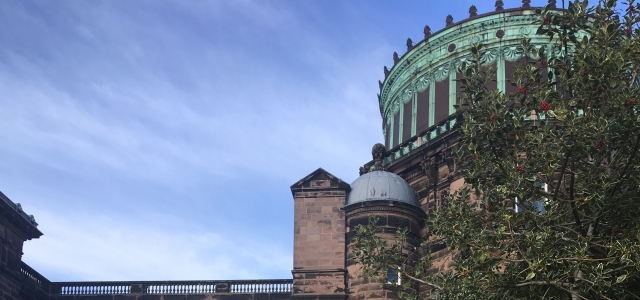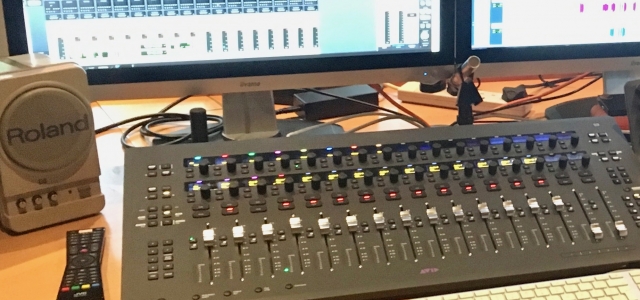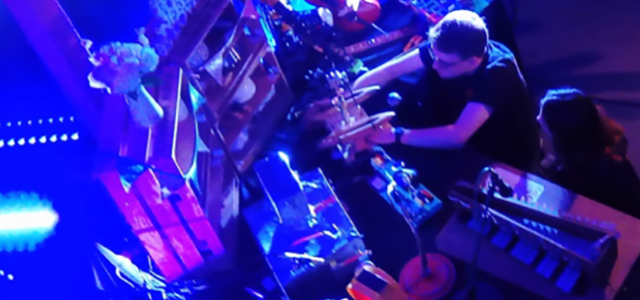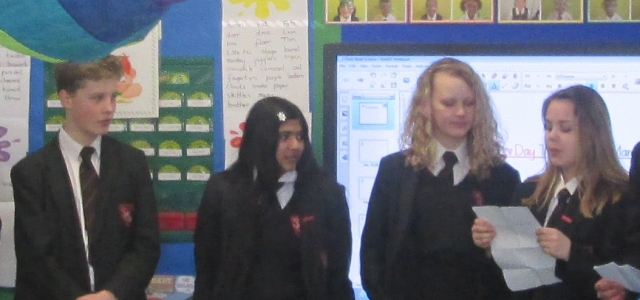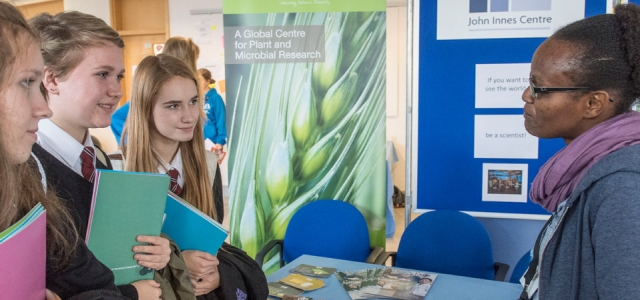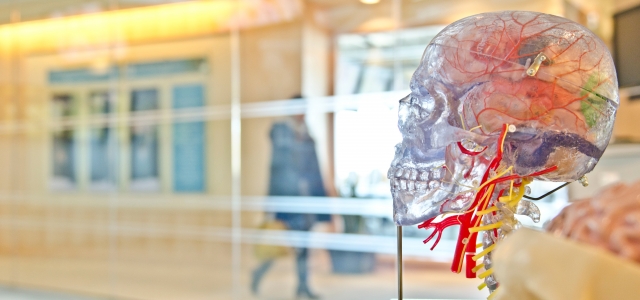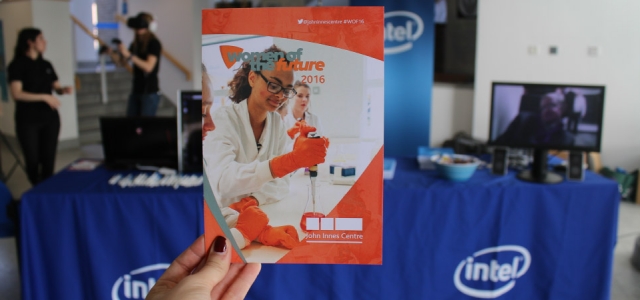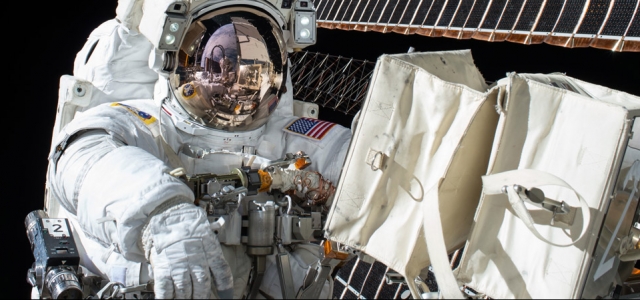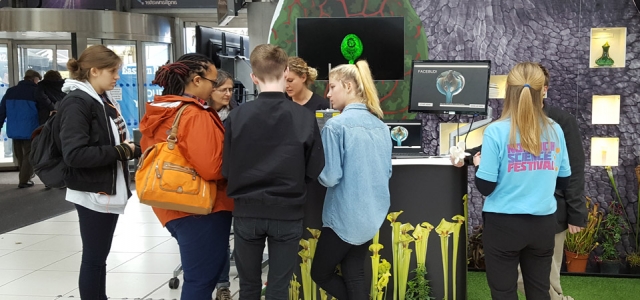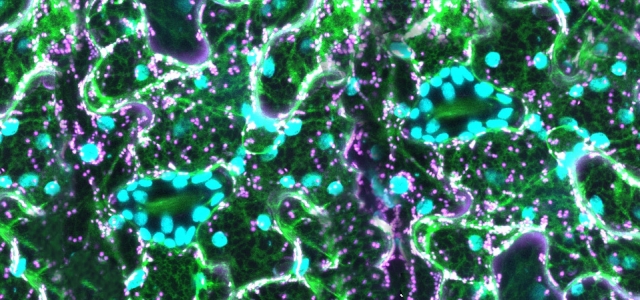Independent YSA participant Kyran (KD) has always wanted to be an archaeologist. With a growing interest and widening knowledge, this ambition has evolved (excuse the pun!) and now Kyran is determined to become a paleoanthropologist. As someone drawn to the human evolution sections when reading or watching documentaries and books, who better to ask for an interview about his chosen career than YSA Ambassador Professor Ben Garrod (BG), evolutionary biologist, primate conservationist, broadcaster and author.
KD: Firstly, thank you for introducing me to the Youth STEMM Award, I am having so much fun and learning so much!
BG: Hey Kyran, thanks for getting in touch. Hope you’re well and managing to stay mostly sane during all the home schooling.
KD: As long as I can remember I have always wanted to be an archaeologist, as my interest has grown and my knowledge widened my career choice is to become a paleoanthropologist. I have realised that I am always drawn to the human evolution sections when reading or watching documentaries and books. So, my question to you is, as an evolutionary biologist did you always know what you wanted to become?
BG: Haha I’m going to give you a trick answer, but it’s true. Yes, I always knew what I wanted to become, but it just turned out that what I wanted changed over time. I always had really strong connections to various careers. First of all, when I was about five years old, I was certain I’d become a marine biologist. Then, at around eight or nine, I wanted to become a doctor and focus on pathology. This stayed with me for years and even when I did my A-Levels, I was working towards a career in Medicine. I also did a lot of work experience in hospitals, including operating theatres, casualty and the mortuary. I changed my mind again and realised I wanted to dedicate my career to working with nature – partly, it’s because I love being outdoors, love animals and want have always been one of those weird kids that asks ‘why’ about everything. I then went back to marine biology for a while and ended up in Madagascar doing some marine conservation work, before heading to Uganda to see my first wild great apes. I saw gorillas and chimps and fell in love with them. When I was back in the UK, I started my first university degree in Animal Behaviour and was certain I wanted to work with chimpanzees in the wild. A few years later, I was back in Uganda, running a large conservation programme focusing on wild chimpanzees. Part of the fun of being a scientist is that there are so many options out there and it’s possible to try many of these along the way to see what suits you and which area of science you’re really passionate about.
KD: My teachers are now asking us to look into university courses to work backwards helping us decide what GCSEs and later A Levels we would choose, when talking to you at the Norwich Science Festival you told me to do the subjects I love but looking into degrees a few ask for specific subjects. So far in my research I see that to become a paleoanthropologist there is no degree but it is a masters, teaching evolutionary biology, do you cover human evolution? Or do you know of any other degrees that are more specific to human evolution?
BG: I still maintain that you should always (wherever possible) choose subjects you like. You have to enjoy your education. You should be looking at Anthropology degrees maybe – and I know places such as Bristol and UCL both do undergraduate courses where there is a focus on BioAnth or human anthropology. Cambridge and Oxford both do them, too. Importantly, there are lots of ways to get into human evolution. Some people study zoology, biology, even engineering. Others start off in archaeology and some do a biological anthropology (or just anthropology) degree. One idea would be to set up a Twitter account – maybe with the help of your teachers – to ask experts how they got into their fields. It could be used for a whole range of careers. And while careers advisers very often do a great job, it’s always best to ask the people who are doing the jobs you want to do.
KD: The degree that has caught my interest is Archaeology and Biological anthropology at Cambridge University, I know you studied in Cambridge did you like the city? (Is there a lot of walking?)
BG: Haha depends on how much you want to walk. I love walking, so for me . . . yes, there was lots. Most students get a bike in Cambridge, too. I love Cambridge as a city. It’s a beautiful place and was small enough for it to feel familiar and intimate but close enough to London for access to bigger things. Where you will live is an important factor when choosing your uni. I’d say visit the universities first and look round the cities to get a feel for where you’ll be spending a few years.
KD: I remember about your story of how you met Dr Jane Goodall, unfortunately I can’t meet my hero Charles Darwin, do you know any Paleoanthropologists I could look into maybe follow on social media or watch online videos about?
BG: Get on social media (maybe Twitter) and say hi. Describe yourself as someone interested in studying BioAnth etc and then I’ll help introduce you to lots of people. Beckie Wragg-Sykes, Alice Roberts, Chris Stringer and Cat Hobaiter are all great to follow. Also, some societies such as The Primate Society of Great Britain and the Anatomical Society both have some relevance for you, too.
KD: With regards to logging activities as part of the Youth STEMM Award, could you suggest places that would be worth visiting? First on my list is Charles Darwin’s house.
BG: You’re in Norfolk – you have some of the best human evolution sites in Europe on your doorstep. Sea Palling and Happisburgh in particular are great for hand axes, from Homo sapiens and as far back as H. heidelbergensis. Chat with Dr David Waterhouse on Twitter about sites in Norfolk. Even West Runton is a good site for lots of Pleistocene megafauna such as mammoths – it all helps you understand what life was like for our ancestors. Maybe get in touch with Norwich Museum and the Time and Tide museum in Gt Yarmouth and ask them if you can see what they have either on display or in the collections.
KD: I volunteer every summer at the Aylsham Roman Dig but for obvious reasons it was cancelled last year, fingers crossed it is on this year. Do you know of any other work experiences that people can take part in?
BG: It might be worth contacting the museums to see if they need any assistance. Maybe even helping categorise and log existing collections. Ask Dr Waterhouse from my previous answer. Could also be some opportunities with UEA summer schools.
KD: I am part of an extra-curricular biology book group, this term my teacher has allowed me to lead the group and I have chosen Adam Rutherford’s the Book of Humans, I have read this previously but thought it would be a chance to show other strands of biology from our last books which were Heart by Sandeep Jauhar and Buzz by Thor Hanson. Can you suggest any great biology books we can read? (yours or others)
BG: My all-time favourite is A Primates Memoir by R. Sapolsky. It’s perfect. Anything else by him is amazing, too. Also, Kindred B Wragg Sykes, The Incredible Unlikeliness of Being by A Roberts, Transcendence by G Vince, I Contain Multitudes by E Yong, The Missing Lynx by R Barnett and any book by Frans de Waal. Also, I should say my chimpanzee book might be useful in some way too.

